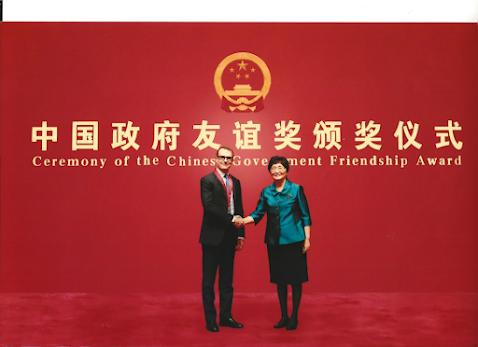Where do the Fallen Leaves go in Beijing? CBCGDF Calls for Using them as Composting Resources
Recently, in Beijing. It has been found the fallen leaves are all cleaned up by the cleaners, and transported somewhere.
An old Chinese saying goes “Falling leaves return to their roots”, which describes returning to one’s hometown and/or family. But it also revealed the law of nature and the cycle of life. The fallen leaves are also one of the crucial parts of natural resources.
Turning the leaves into fertilizer is a regeneration cycle of resources. And it embodies the concepts of ecological civilization and green development. Such recycling is not only beneficial to the sustainable development of urban gardens but also helps to establish a harmonious and symbiotic relationship between nature and human.
Original Link: https://mp.weixin.qq.com/s/3A4-jXs7HbR4zLAD0fTrCg
Editor: LYJ
Checked by Sara
Contact: v10@cbcgdf.org; +8617319454776
Contribution
Do you know? CBCGDF is a non-profit organization. We rely on crowd-funding and donations. You have the opportunity to help us to advance biodiversity conservation. Donate TODAY to power up the movement to make it a better world for all life.
https://www.paypal.me/CBCGDFChina
http://www.cbcgdf.org/English/ConfirmDonaTion/0.html
【BAG】
1. Webpage:
https://www.paypal.com/donate/?hosted_button_id=2EYYJJZ8CGPLE
2. via PayPal
Donation(501C3)Paypal: intl@wbag.org





Comments
Post a Comment